Cheryl Boyce Taylor's Calypso Muses
Poet and presenter of literary events Cheryl Boyce Taylor, blogs about the P&W-supported Calypso Muse Reading Series in New York City.
In the summer of 1994, I founded the Calypso Muse Reading Series. I wanted to create a place where Caribbean poets could nuture their work and native dialect. First, I called some of my favorite poets to tell them about the series. They were thrilled and jumped at the opportunity to share their work. Next, I contacted P&W to inquire about its Readings/Workshops program. My next call was to my friend Sigrid, who owned a small cafe in SoHo.
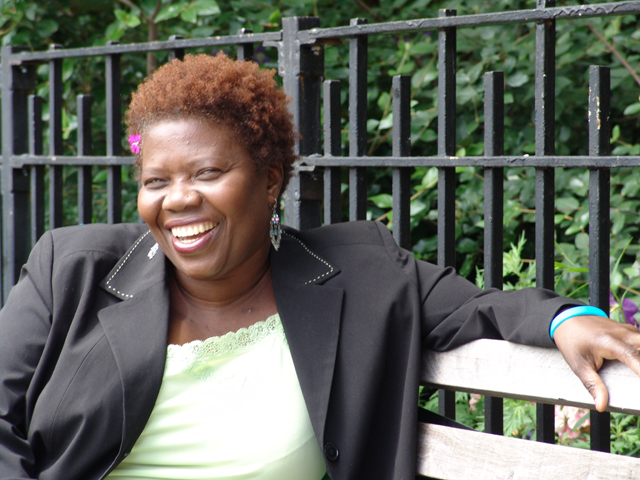 We opened that September to a full house! Rodlyn Douglas, Suheir Hammad, and Hal Sirowitz were my first features, along with a stirring open mic. The series boasted a bevy of poets from diverse backgrounds, some of the poets included: Sekou Sundiata, Jewelle Gomez, Elena Georgiou, and Cheryl Clarke.
We opened that September to a full house! Rodlyn Douglas, Suheir Hammad, and Hal Sirowitz were my first features, along with a stirring open mic. The series boasted a bevy of poets from diverse backgrounds, some of the poets included: Sekou Sundiata, Jewelle Gomez, Elena Georgiou, and Cheryl Clarke.
Poets from Calypso Muse past have parlayed their voices into writing careers! Hal Sirowitz was awarded an NEA, Suheir Hammad won the Audre Lorde Writing Award, and Rodlyn Douglas was the P&W-supported writer at Lincoln Square Neighborhood Center's senior writing program.
P&W gave Calypso Muse its first grants of twenty five dollars per reader! The support we received helped to nuture our stories. The series' poets reminded audiences that every voice is authentic and deserves celebration.
Since 1994, I have received P&W funding for a number of programs, including: Trini Girls Take Brooklyn, The Womens Reading Series at McNally Jackson Books, and the Calypso Muse House Reading Series. With P&W support, I've become a force in the literary community!
Photo: Cheryl Boyce Taylo. Credit: Artis Q. Wright.
Support for Readings/Workshops in New York City is provided, in part, by public funds from the New York State Council on the Arts, and the Department of Cultural Affairs, with additional support from the Louis & Anne Abrons Foundation, the Axe-Houghton Foundation, the A.K. Starr Charitable Trust, and Friends of Poets & Writers.





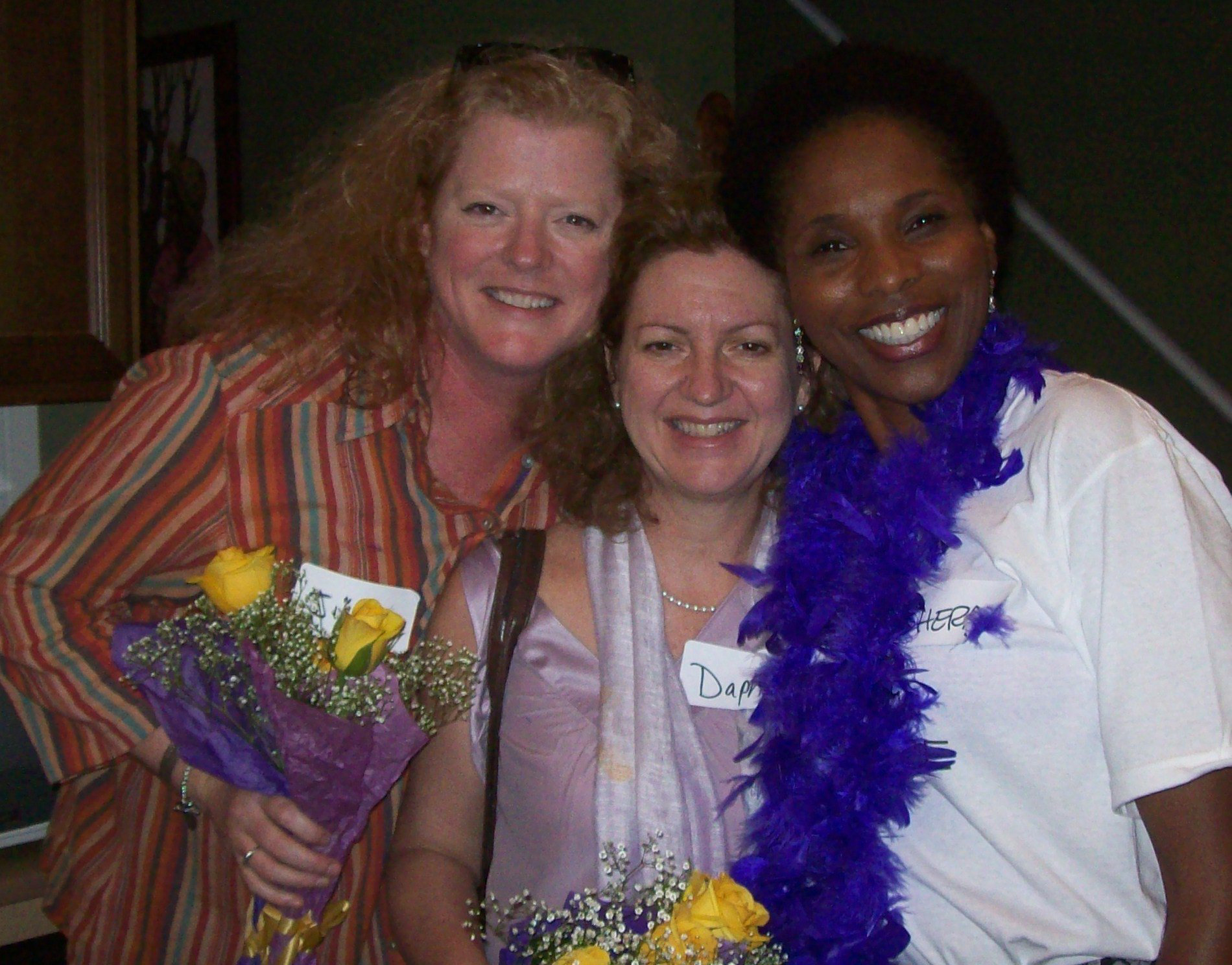 was one of the original three Working Title Playwright members to participant in Playwrights &... (along with Pamela Turner and Marian X). I am a decidedly navel-gazing poet, slowly luring adverbs from my belly button. It took the challenge of putting together an hour-long reading of my own work for me to realize that my best writing had variations of the same ingredients: food and family. Eating the Singletaries: Tales from a Tall Redhead was a journey of discovery for me as a writer, and an emotional roller coaster ride for the audience. Not only do I have a lot to say about family, but there is an audience for my work (and not one word of it was meant for the stage). To my surprise and delight, I realized that I am not a playwright who writes poetry, but a poet who writes plays.
was one of the original three Working Title Playwright members to participant in Playwrights &... (along with Pamela Turner and Marian X). I am a decidedly navel-gazing poet, slowly luring adverbs from my belly button. It took the challenge of putting together an hour-long reading of my own work for me to realize that my best writing had variations of the same ingredients: food and family. Eating the Singletaries: Tales from a Tall Redhead was a journey of discovery for me as a writer, and an emotional roller coaster ride for the audience. Not only do I have a lot to say about family, but there is an audience for my work (and not one word of it was meant for the stage). To my surprise and delight, I realized that I am not a playwright who writes poetry, but a poet who writes plays.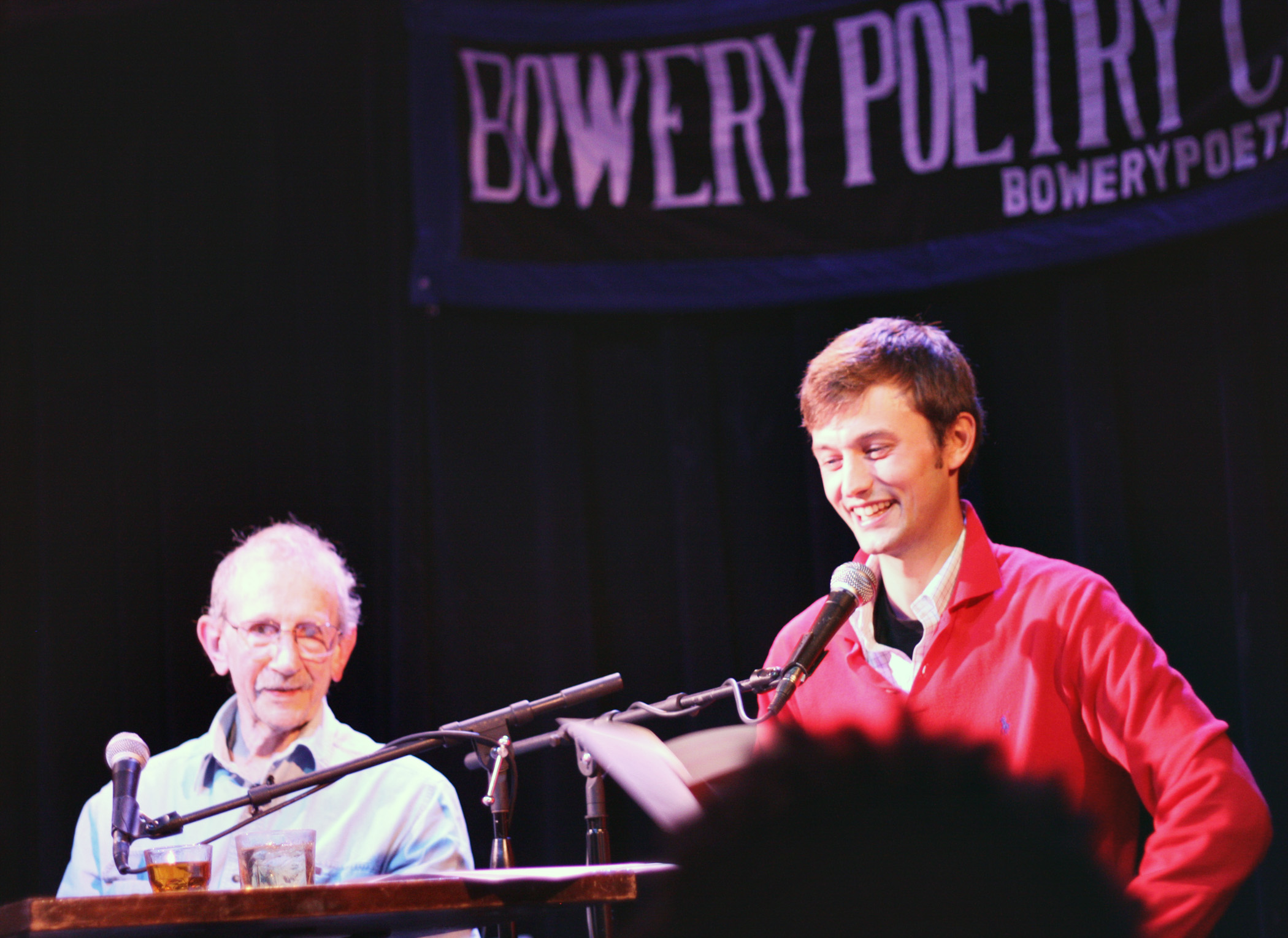
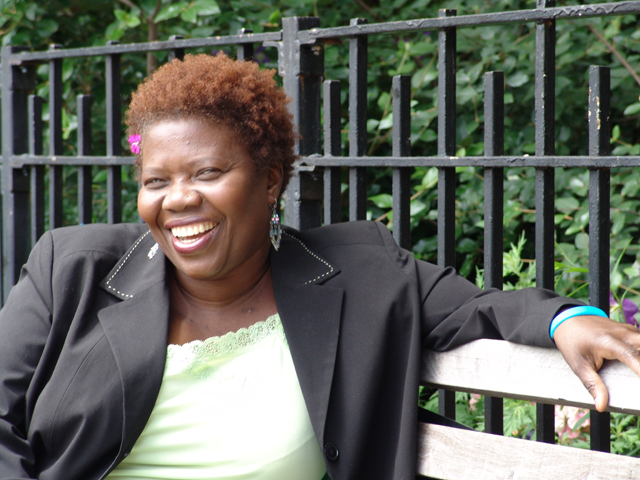 When I was a toddler, my mother was getting dressed to go to a local poetry reading. I began begging her to take me along. It was already past my bedtime, so she said, "no," but I put up such a fuss that she told me if I could dress myself, I could go. My mother says that I left the room and when I returned I was fully dressed, including socks and shoes. The only thing she had to do was zip the back of my dress. She was astonished because she didn't know I could dress myself. My mother took me to the reading that night... I like to believe that that was the beginning of my love affair with poetry.
When I was a toddler, my mother was getting dressed to go to a local poetry reading. I began begging her to take me along. It was already past my bedtime, so she said, "no," but I put up such a fuss that she told me if I could dress myself, I could go. My mother says that I left the room and when I returned I was fully dressed, including socks and shoes. The only thing she had to do was zip the back of my dress. She was astonished because she didn't know I could dress myself. My mother took me to the reading that night... I like to believe that that was the beginning of my love affair with poetry.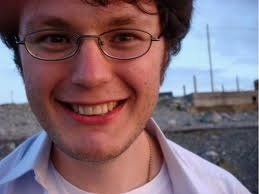 San Diego has the
San Diego has the 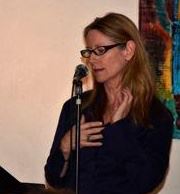 What makes your press and its programs unique?
What makes your press and its programs unique?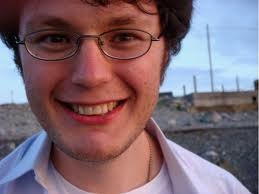 Another exciting literary journal published in San Diego is the P&W-supported
Another exciting literary journal published in San Diego is the P&W-supported 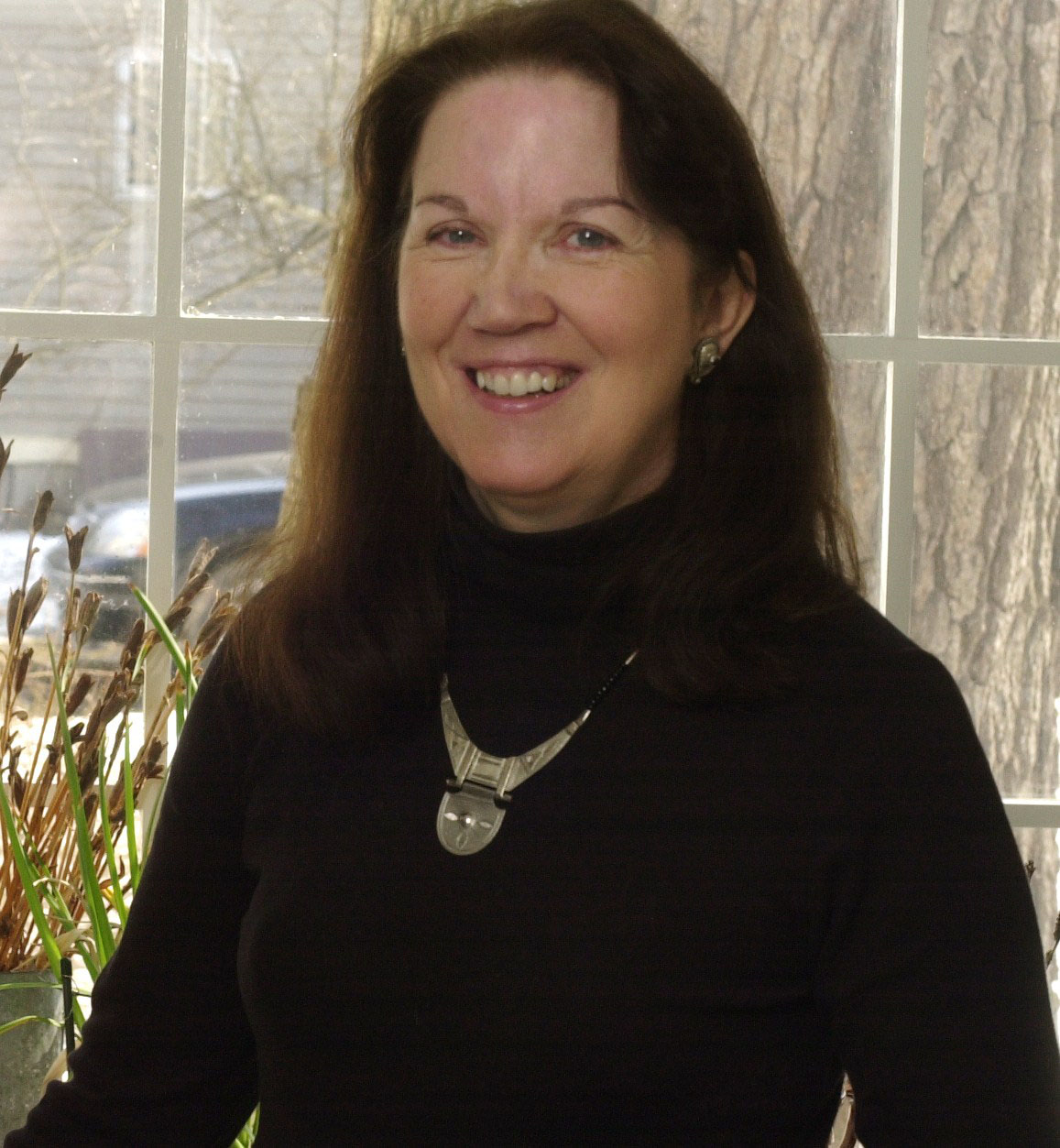 What they meant was: "Which college are you teaching at?" I'd been teaching college in New York City, and with my publishing credits, people assumed I must be at a college there. It still mystifies me how people can believe that teaching eighteen-year-olds at a college is prestigious and important, while teaching seventeen-year-olds or seventy-year-olds in the community isn't. At one of the first readings I did in Buffalo, I was introduced as having poems in the Atlantic Monthly, and Harper's, which made someone say, "What are you doing here? "
What they meant was: "Which college are you teaching at?" I'd been teaching college in New York City, and with my publishing credits, people assumed I must be at a college there. It still mystifies me how people can believe that teaching eighteen-year-olds at a college is prestigious and important, while teaching seventeen-year-olds or seventy-year-olds in the community isn't. At one of the first readings I did in Buffalo, I was introduced as having poems in the Atlantic Monthly, and Harper's, which made someone say, "What are you doing here? "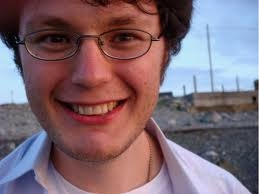 One Red Hen book I read recently moved me, the new novel by P&W-supported writer David Matlin, “A HalfMan Dreaming”—a second installment in his epic trilogy about the beauty and violence of the American landscape. Lupe, a protagonist is taken from the world of rose farms and egg ranchers in post-World War Two America, from a town haunted by the Enola gay and the nuclear Bomb, to prison in Detroit. The book is as terrifying as it is gorgeous, with beautiful, sensuous prose.
One Red Hen book I read recently moved me, the new novel by P&W-supported writer David Matlin, “A HalfMan Dreaming”—a second installment in his epic trilogy about the beauty and violence of the American landscape. Lupe, a protagonist is taken from the world of rose farms and egg ranchers in post-World War Two America, from a town haunted by the Enola gay and the nuclear Bomb, to prison in Detroit. The book is as terrifying as it is gorgeous, with beautiful, sensuous prose. To write about their struggles, Johnson said, the participants had to have their “hearts wide open.” She asked that audience members reciprocate.
To write about their struggles, Johnson said, the participants had to have their “hearts wide open.” She asked that audience members reciprocate.